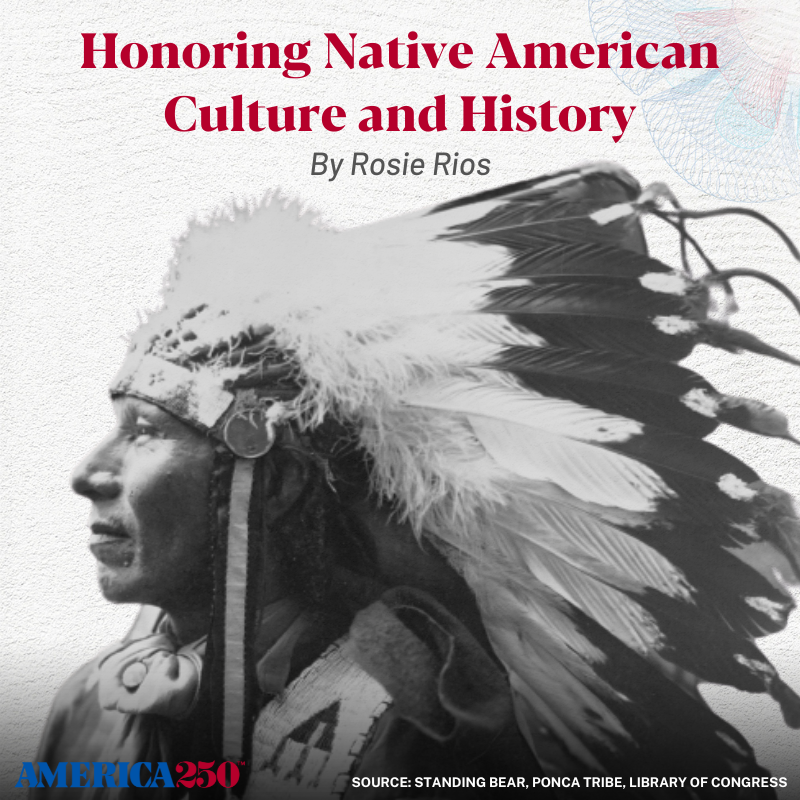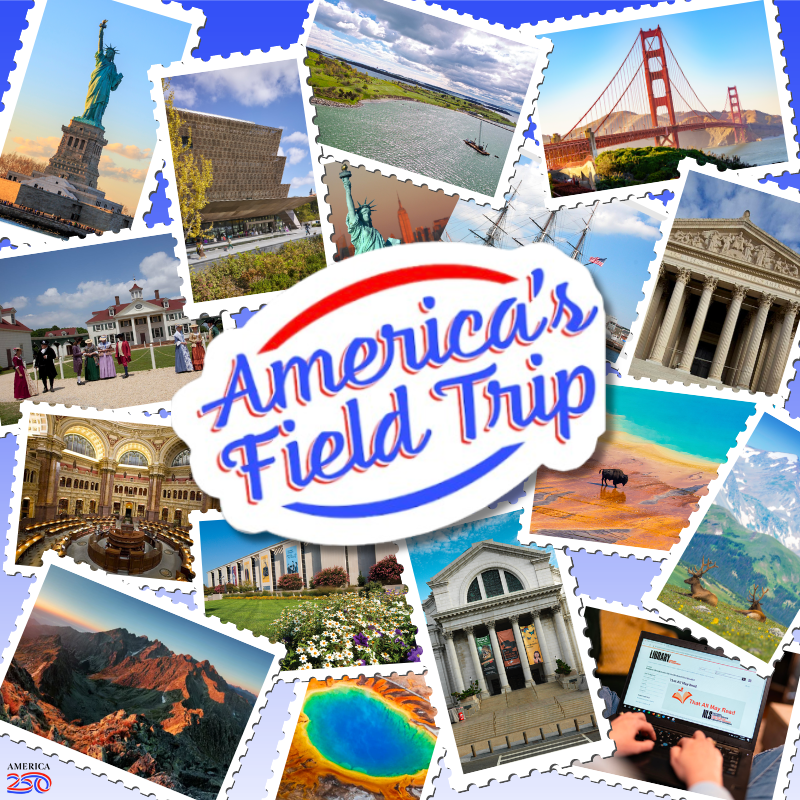

Long before the Declaration of Independence was ever signed, creating the United States of America, a diverse mosaic of Native peoples called this land home. From coast to coast, millions of Native Americans and Alaska Natives in hundreds of Tribal nations and the Native Hawaiian community developed a rich culture built on family, community, and respect for their ancestral lands. Since our earliest days as a country, they have shaped every facet of our history, in war and peace, in moments of progress and division, too often serving as the conscience and soul of our national character.
Today, we celebrate stories like these, along with the countless contributions of Native Americans to our national culture. But this hasn’t always been true.
The arrival of Europeans was a critical turning point in the history of Native Nations. Two very different worlds collided, with great harm coming to the Native communities that had thrived on these lands for 10,000+ years. Wars followed wars, with unfair and broken treaties left in their wake. Millions died of disease. And with each step, settlers moved further and further west, forcing American Indians from their ancestral lands.
In time, crimes by the federal government like the Trail of Tears would set the tone for America’s approach to its Native peoples over the following decades, with American Indians forced onto smaller and smaller tracts of land, treated like an afterthought, with less opportunity, less rights and less dignity than other Americans. As the organization responsible for commemorating our nation’s 250th anniversary, we have a unique responsibility. We will celebrate the beautiful history of American Indians over thousands of years and confront the brutal echoes of their treatment throughout much of our nation’s history. We will listen and engage with tribal communities, centering them and their critical role as we reflect on this major milestone.
And while we can not change history nor look away from it, this moment provides a unique opportunity for our nation to educate Americans from coast to coast, to create space for indigenous people to tell their own stories, and to move forward together – not as an afterthought, without exclusion, as part of a collective people.

America’s Field Trip Awardees!
Thousands of students from across the country submitted inspiring entries, responding to the prompt “What does America mean to you?” for the first-ever America’s Field Trip contest. A panel of current and former educators selected 150 students as awardees, hailing from 44 states and territories.